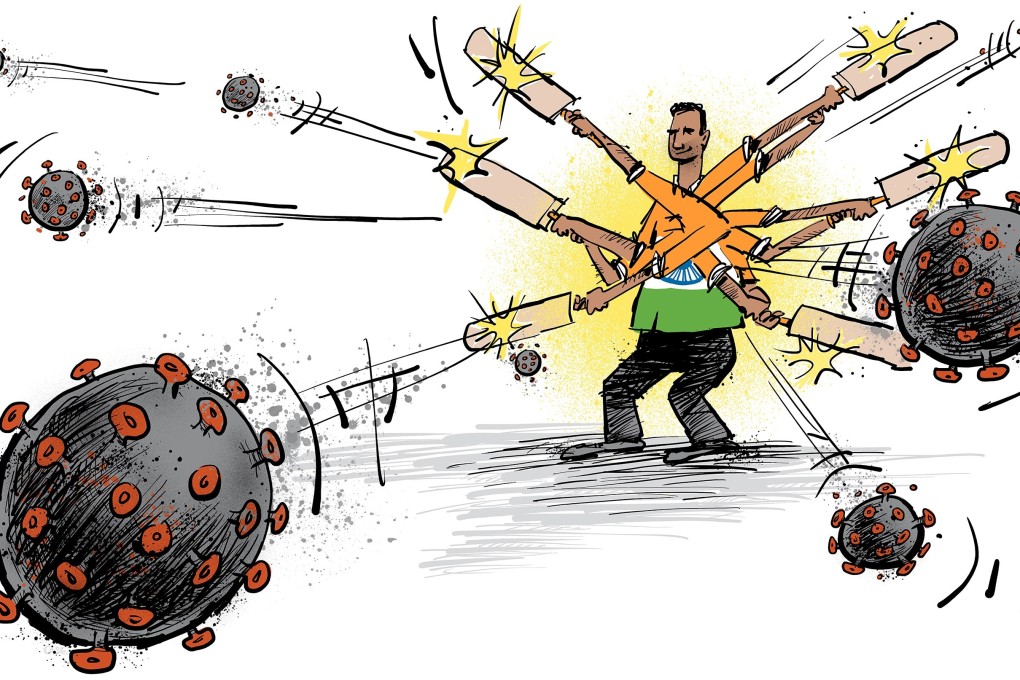Opinion | Coronavirus crisis has jolted India to strengthen itself and step up on the global stage
- The government immediately stepped up production of the PPE and vaccines needed to control the pandemic, and has also implemented reforms in labour, agriculture and education
- A self-reliant India that is open to cooperation will be of great benefit to the world

The year 2020 is one that all would like to forget in a hurry. The coronavirus pandemic created a global crisis with no parallels in living memory. Governments around the world were forced to deal simultaneously with a catastrophic health emergency, massive economic shocks and serious social disruption.
Despite this, 2020 will be remembered in India as a year of reckoning when government and citizenry came together in a whole-of-society response marked by determination and discipline.
From an economy that previously did not make ventilators, testing kits, personal protective equipment (PPE) and N95 masks, India was soon manufacturing enough of them to cater not only to its own needs, but also for export. More than 15,000 dedicated Covid-19 treatment facilities were set up across the country. Our high recovery rate (over 95 per cent) and low case-fatality rate (less than 1.5 per cent) speak for themselves.
India also emphasised the need for global cooperation. Guided by our civilisational ethos, which places humanity at the centre of global prosperity and cooperation, we assisted others even while tending to problems at home. When Covid-19 created a spike in pharmaceutical demand, we responded by ramping up our production, exporting medicines and other medical assistance to over 150 countries.
With the focus shifting to vaccines, India is involved in many international collaborations that give the world hope for normalcy. Prime Minister Narendra Modi has committed that India will leverage its vaccine manufacturing capacities to help make vaccines accessible and affordable to all.

02:15
India trains workers to handle Covid-19 mass vaccination programme
The pandemic also dealt a blow to global mobility on account of severe travel restrictions. With families clamouring to be reunited with their loved ones, India mounted a massive operation, bringing more than 3 million citizens home from around the world. We also supported the movement of more than 110,000 foreign nationals out of India to 120 countries.
